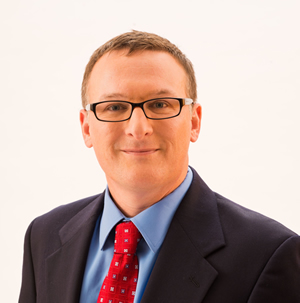Why Risk Science and Human Health?
 You are probably already aware that health risks surround all of us throughout our
lives. These risks impact the health of individuals and communities, and also influence
economic and social conditions at local, regional, and global levels. The risks we
face evolve over time - think of emerging risks such as nanotechnology and driverless
cars - but many current health risks have plagued us for hundreds of years or longer
- for example, lead in drinking water and the malaria parasite.
You are probably already aware that health risks surround all of us throughout our
lives. These risks impact the health of individuals and communities, and also influence
economic and social conditions at local, regional, and global levels. The risks we
face evolve over time - think of emerging risks such as nanotechnology and driverless
cars - but many current health risks have plagued us for hundreds of years or longer
- for example, lead in drinking water and the malaria parasite.
As our world becomes ever more complicated and interconnected, there is an increasing need for individuals who can guide decision-making processes related to identifying and managing human health risks. The Certificate in Risk Science and Human Health is intended to prepare students to evaluate risks from multiple perspectives - health, technology, sustainability, etc - while considering social and economic factors. Since the certificate was launched in 2012, students in the University of Michigan School of Public Health and other units on campus have pursued the certificate to enhance their ability to improve human health by developing new skills and ways of thinking about risk.
I hope that you'll be intrigued by the certificate and choose to join us in our efforts to: identify and assess existing and emerging health risks; communicate information about these risks to stakeholders; and help guide decision-making efforts in order to reduce or eliminate risks. Together we can make a difference!
Rick Neitzel, PhD, CIH
Associate Professor, Environmental Health Sciences
Founder, Risk Science and Human Health Graduate Certificate
